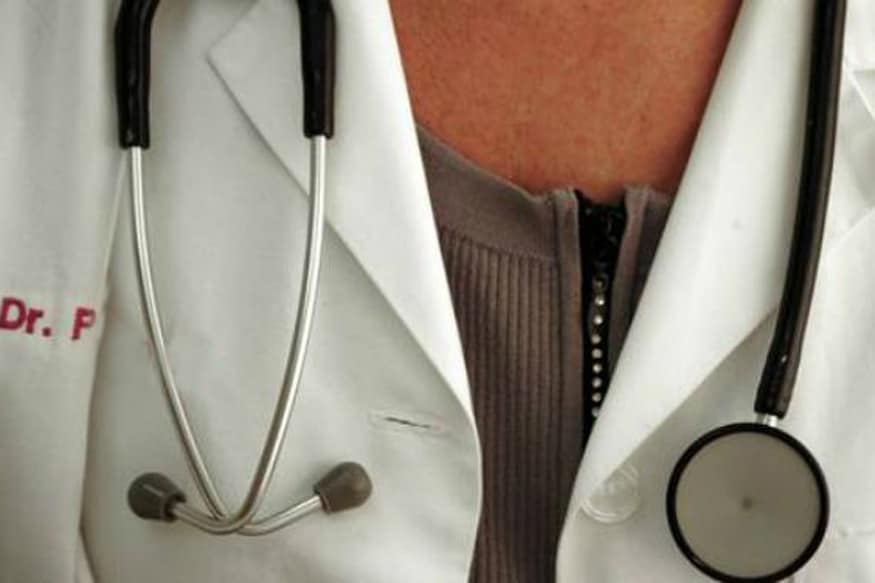Early Stroke Symptoms Part 1: Don't Miss These Common Warning Signs Of a Stroke
Most of the symptoms of stroke depend on the region of the brain that has been affected but there are a few common and early signs of a stroke that you should learn to recognise.

Representational Image. (Photo courtesy: PTI)
It’s quite natural for some people to confuse strokes with heart attacks, but while the latter occurs in the heart, the former has to do with the brain. A stroke occurs when the supply of blood to a certain part of the brain stops. Due to this, the cells in that part of the brain start dying. And because the body cannot function without the brain, a stroke ends up affecting the entire body and can turn fatal without medical aid.
This is the reason why recognising the signs of a stroke early and getting medical attention for the patient is very important. Most of the symptoms of stroke depend on the region of the brain that has been affected but there are a few common and early signs of a stroke that you should learn to recognise.
How to act FAST
Because a stroke usually comes on suddenly and without warning, it’s basic symptoms can be quite unique. The US’s National Stroke Association, therefore, uses the abbreviation FAST to help you recognise the following basic symptoms of a stroke.
- F for face: Is the patient’s face drooping or numb, especially on one side? Ask them to smile and check if the smile is drooping or lopsided on one side.
- A for arms: Arm numbness or weakness can be an early sign of stroke. Ask the patient to lift both arms, and if one drops suddenly, doesn’t lift properly or isn’t steady, call emergency health services.
- S for speech: Slurred speech is also an early sign of stroke. Ask the patient to speak, and if the speech is slurred, jumbled or incoherent, call the doctor immediately.
- T for time: Timely intervention and medical aid can save a stroke patient from disability and even death. If any of the first three symptoms show up, it’s time to take the patient to the hospital without any delay.
Other symptoms of stroke
Apart from the FAST symptoms, the following signs may also show up early on if someone is having a stroke:
- Sudden numbness or weakness in the arms, legs, face or other parts of the body, especially on one side.
- Sudden confusion, leading to trouble in understanding speech or speaking coherently.
- Sudden trouble seeing clearly in either or both eyes.
- Sudden difficulty in walking, along with dizziness and/or loss of balance and coordination.
- Sudden severe headache due to no known cause.
A stroke can have immense effects on the body and can lead to paralysis, speech issues, vision problems, slow cognitive function, memory loss, coma or even death. Given such devastating effects, it’s very important that if you see anybody with the above-mentioned early signs of a stroke, take them to a doctor or call emergency health services immediately.
The early warning signs and symptoms of stroke in women, however, may differ and manifest in very different ways. We'll address the warning signs of stroke in women in the second part of this series on stroke symptoms.
For more information, read our article on Stroke: Symptoms, causes, treatment and prevention.
Health articles on News18 are written by myUpchar.com, India’s first and biggest resource for verified medical information. At myUpchar, researchers and journalists work with doctors to bring you information on all things health.
The information provided here is intended to provide free education about certain medical conditions and certain possible treatment. It is not a substitute for examination, diagnosis, treatment, and medical care provided by a licensed and qualified health professional. If you believe you, your child or someone you know suffers from the conditions described herein, please see your health care provider immediately. Do not attempt to treat yourself, your child, or anyone else without proper medical supervision. You acknowledge and agree that neither myUpchar nor News18 is liable for any loss or damage which may be incurred by you as a result of the information provided here, or as a result of any reliance placed by you on the completeness, accuracy or existence of any information provided herein.